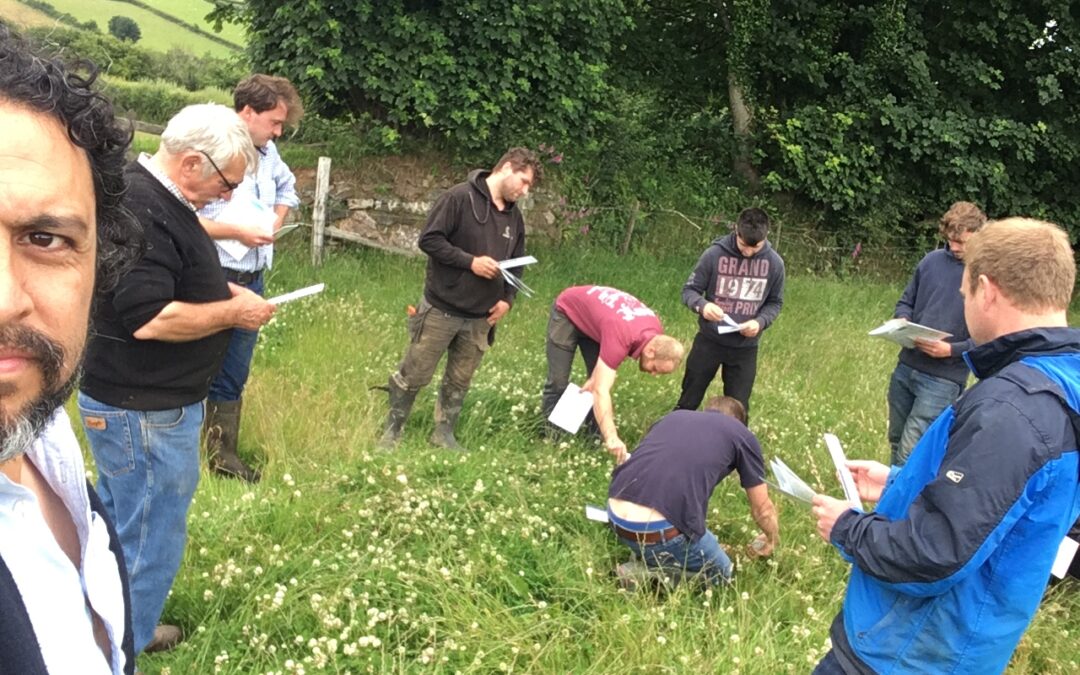Our farm adviser Raf Pompa shares his thoughts on how projects such as Green Recovery can help increase storage and resilience in the catchment.
Over the last two months, Europe has seen an unprecedented series of heatwaves that have surpassed historic records, originating wildfires and droughts in several regions of the continent. It is unequivocal that these irregularities in precipitation patterns respond to the anthropogenic climate change, putting at risk our already fragile environment and our civilization as we know it.
Climate change is not the only threat we confront. Coupled with habitat loss and fragmentation, introduction of invasive species, over-exploitation and pollution, these processes accelerate the loss of biodiversity, which ultimately constitute the basis of our societies as humanity directly depend on it to provide food, raw materials, and medicines, just to mention a few. In the face of such pressures, we need comprehensive responses that help us to adapt to a changing climate and mitigate the already concerning effects of habitat loss.
The Westcountry Rivers Trust in partnership with Southwest Water and Devon Wildlife Trust, is running a five-year project called the Green Recovery Project (GRP). The GRP is a nature-based solution focused initiative delivered in the Tavy catchment, and is a branch of the Upstream Thinking Project, which aims to create resilience and increase storage on the Tavy catchment, and wider areas of Dartmoor.
In collaboration with farmers and landowners, the GRP seeks to implement nature-based solutions in 8,000 ha of land to generate benefits such as natural flood management, carbon storage, invasive and non-native species control and very importantly, water storage to enable sustainable abstractions and healthy river ecosystems.
The GRP is currently being delivered through confidential and free advice targeting whole farm interventions. It supports farmyard infrastructure improvements to reduce any risk of pollution to rivers and waterbodies, nutrient management plans for soil management, agri-environmental schemes applications, and ultimately, assisting farmers’ transition towards regenerative agricultural methods. Additionally, GRP organizes bespoken workshops to deliver specific topics such as herbal leys establishment, agroforestry, cross compliance, and facilitates peer-to-peer knowledge exchange. Citizen Science events are also part of GRP to raise awareness of water quality and biodiversity.
Projects such as the GRP are effective and timely approaches that secure resilience of ecosystems during dry periods and could ensure that river habitats and wildlife find a respite during droughts. Implementation of similar projects could prevent dramatic fluctuations due to the weather conditions, whilst maintaining, restoring, connecting, and creating habitats as well as increasing biodiversity at catchment scale in an era of climate change.’
Read more about Upstream Thinking here.
Pic caption: Raf Pompa (looking at camera) joins a farmer’s workshop in the Tavy catchment.


